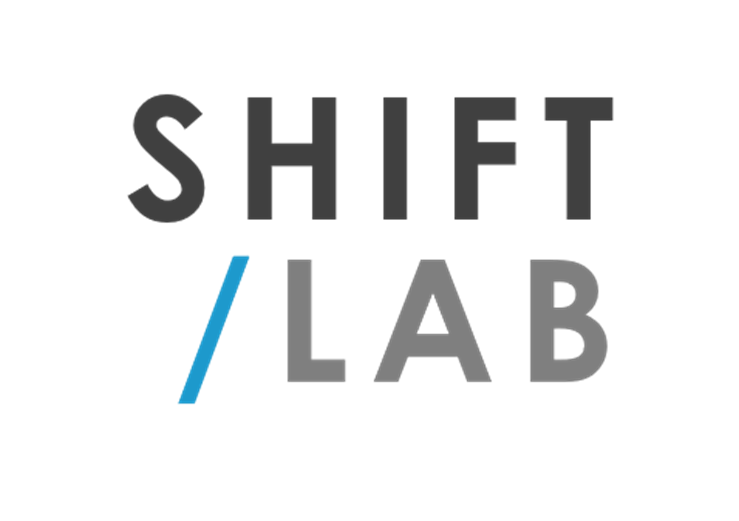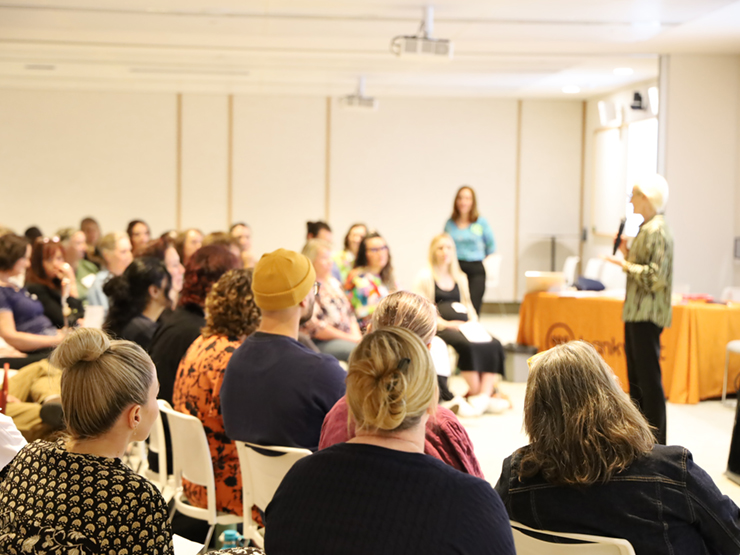
Small Shifts Towards Better Futures
ShiftLab is the Innovation team at Anglicare WA.
At Anglicare WA, we place high importance on evolving our responses to meet changing times, and designing new ways to approach wicked problems in Western Australia.
We draw from a range of innovation approaches, including human centred design, to inform future models and inspire system reform. Our team investigates promising ideas, scanning a range of sources and to understand drivers and trends that will shape the future of WA, and we put these ideas into practice into our communities for real life impact and success.
Our Major Projects
Driving Systematic Change in our Community
At Anglicare WA, we are committed to continuously evolving our responses to the changing needs of our community. We focus on developing innovative solutions to tackle complex issues facing Western Australia. By utilising a variety of innovation strategies, including human-centred design, we create forward-thinking models that drive positive change and inspire meaningful system reform.
We are sensitive to the fact that some people, including Aboriginal and Torres Strait Islander peoples, people with disabilities, those who identify as LGBTQIA+, and people from different cultural backgrounds, may face extra challenges when seeking help, especially during difficult times. We are committed to making sure all people have access to the support they need. Check out our Advocacy priorities.
Rigorous Design
ShiftLab uses proven design research methods to develop and test solutions based on identified challenges. Projects advance through a rigorous process, ensuring we understand multiple perspectives and gather aligned partners before generating solutions. Supported by philanthropic and grant partners, we test promising solutions in the field, de-risking and evaluating them based on desirability, feasibility, and viability. We openly share our learnings, for the benefit of the social impact sector as a whole.
Systems Change
We develop scalable solutions for the immediate future and also engage in longer-term work which plants the seeds for meaningful shifts towards a fairer WA, where everyone can grow their good life. The ShiftLab team works closely with our Advocacy team and other partners to scale learnings, models, and solutions into relevant parts of the system where a small shift can create the enabling conditions for the new solution to thrive.
Horizon Scan
We continuously review emerging literature and consult with a range of subject matter experts, periodically capturing and distilling themes with the greatest relevance to our future work in a horizon scan report.






